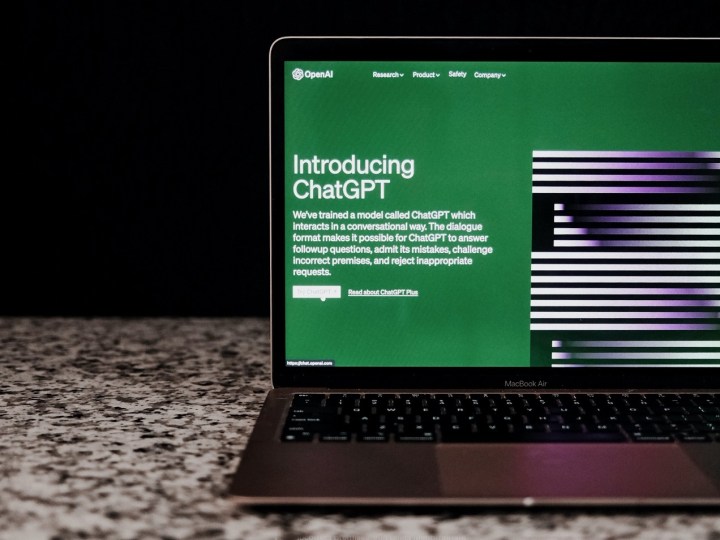
Exactly one year ago, OpenAI put a simple little web app online called ChatGPT. It wasn’t the first publicly available AI chatbot on the internet, and it also wasn’t the first large language model. But over the following few months, it would grow into one of the biggest tech phenomenons in recent memory.
Thanks to how precise and natural its language abilities were, people were quick to shout that the sky was falling and that sentient artificial intelligence had arrived to consume us all. Or, the opposite side, which puts its hope for humanity within the walls of OpenAI. The debate between these polar extremes has continued to rage up until today, punctuated by the drama at OpenAI and the series of conspiracy theories that have been proposed as an explanation.
Of course, if anything, the past year of living with ChatGPT and its many clones has shown us that neither of these firmly held opinions was true. I’m not going to sit here and tell you that ChatGPT and generative AI haven’t had an effect on the world. It’s been disruptive in all sorts of ways, some of which haven’t even been fully realized yet. Just look at the role it played in the SAG-AFTRA strikes for an easy example. AI even got the attention of the federal government, culminating in the executive order on AI from the President. Some of the implications are nothing but knee-jerk reactions, and others are taking the first legitimate steps toward a truly AI-driven world.
But mostly, life continues as it did before. In May of 2023, a Pew survey determined that 58% of people in the U.S. had heard of ChatGPT, while just 14% had tried it themselves. The number may have grown since then, but the user base has shrunk over the months, not continued to grow. And remember: while ChatGPT quickly became the fastest-growing tech product of all time, even that record was dethroned by Threads just a few months later. And even as a writer and an editor, ChatGPT plays a much smaller role in the industry I work in as you might think.
Don’t mistake what I’m saying: ChatGPT was a big deal when it launched, and it will continue to be in the future. Your guess is as good as mine as to how broad and far-reaching the effects will be. And while chatbots put the impressive “AI” persona front and center, the seamless integration of this technology further into the products and services we already use every day is where the real money is.
Will we look back at November 2022 as a turning point in tech history or just another hyped-up footnote? A year in, I’m still not fully sure where I stand on the issue. But as far as I’m concerned, that’s a reason to be excited about what will happen next.


